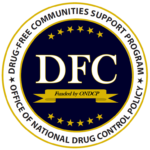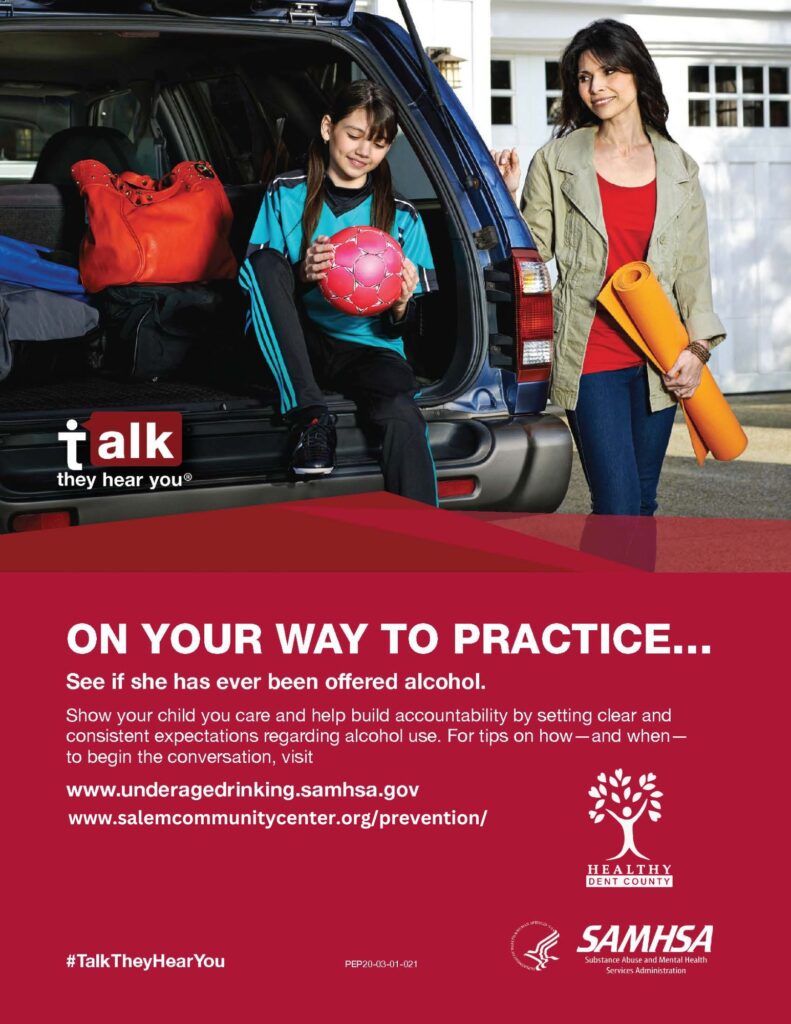Prevention
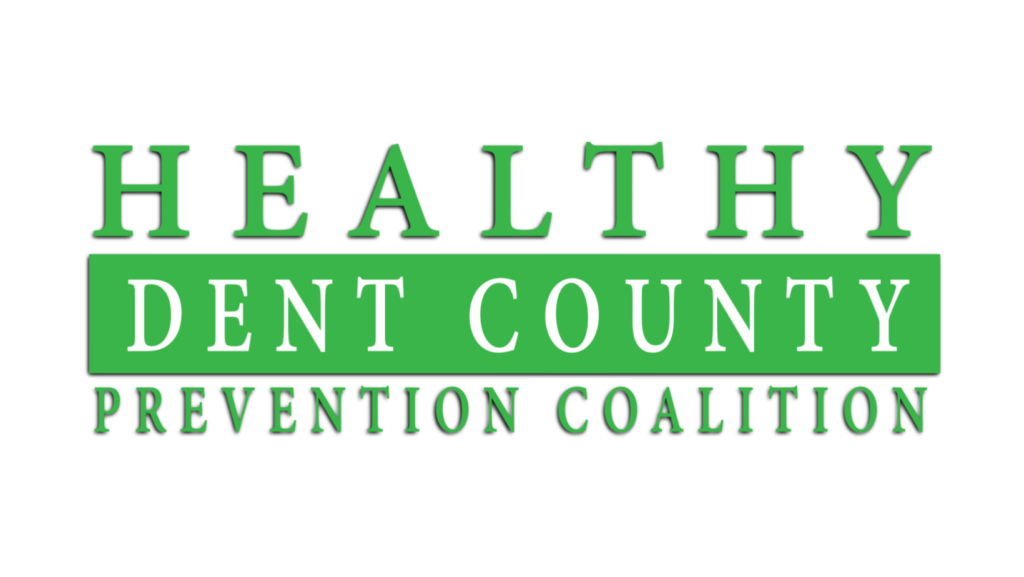
Our mission is to facilitate community participation in the prevention of alcohol, tobacco, and other drug use among our young people and community.
The HDC Prevention Coalition’s membership is made up of diverse sectors of the community, one of the Coalition’s key strengths. These sectors include a local representative from Business; Media; School; Youth Serving Organizations; Law Enforcement; Religious; Civic/Volunteer Groups; Healthcare Professionals; Local Government; Other Organizations involved in reducing substance abuse; Student; and Parent.
The HDC Prevention Coalition has been instrumental in bringing together community leaders, drug treatment and mental health providers, medical professionals, law enforcement, and social service agencies to find ways to increase prevention and expand efforts to reduce the effects of opioid misuse and addiction locally. In partnership with pharmacies and law enforcement, they have conducted drug take-back events, provided meth education and prevention in schools, facilitated underage drinking town hall meetings, conducted mail campaigns to reach parents of middle school students, and implemented a tobacco prevention project.
Local Prevention
HDC Prevention Coalition Youth Coordinators teach the evidence-based “Too Good for Drugs” curriculum in all Salem and Dent County schools for all students in grades 6th to 12th.
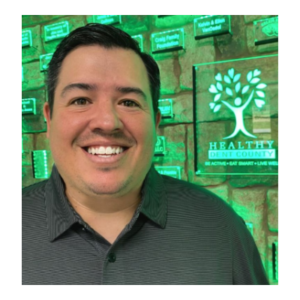
Contact Info – Carlos Lopez, Youth Prevention Coordinator,
prevention@
573-729-8163
The “Too Good for Drugs” curriculum is a comprehensive family of substance use and prevention curricula designed to mitigate the risk factors associated with risky behavior and build protection within the child. Too Good develops a framework of Social Emotional skills through the development of goal-setting, decision-making, and effective communication skills in addition to peer pressure refusal, pro-social bonding, conflict resolution, and media literacy. Too Good builds the basis for a safe, supportive, and respectful learning environment.
Drug Take Back Days – held locally two times a year in April and October. HDC Prevention Coalition volunteers are stationed at Wal-Mart and Country Mart to make it easy for local residents to dispose of unwanted medications safely.
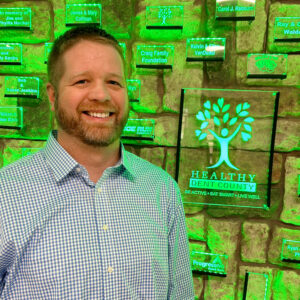
The STOP Act Grant, also known as the Sober Truth on Preventing Underage Drinking Act, is Grant awarded to local communities. The purpose of the STOP Act grant program is to prevent and reduce alcohol use among youth ages 12-20. Grant activities focus primarily on strengthening collaboration among community entities to reduce alcohol use among youth.
Disposal Sites
If you are experiencing an emergency call 911
Dent County Sheriff’s Office
(573) 729-3241
Salem Police Department
(573) 729-6550
Vandivort Drug
(573) 729-4114
Properly Dispose of Unused Prescriptions
CADCA provides training, technical assistance and resources to coalitions, youth groups, and organizations working to reduce substance abuse and related crime and violence.
Their mission is to strengthen the capacity of community coalitions to create and maintain safe, healthy and drug-free communities.
Helpful Resources
- 2022 Missouri Student Survey - Dent County
- TED Talk - Getting Relationships Right
- How to Help Children and Teens Manage their Stress
- Talking to Kids About Alcohol and Other Drugs: 5 Conversation Goals
- Understanding Addiction as a Disease
- Why are Drugs so Hard to Quit?
- Teen Health: Substance Use and Abuse
- E-Cigarette and Vape Pen Module
- Vaping: The Hit Your Brain Takes
- 13 Things to Know When Talking to Your Child About Alcohol
- What to Do When Your Child Is Using Marijuana
- Opioid and Prescription Medication Safety
- Southeast Missouri Behavioral Health - State and National Resources
- Prevention Consultants of Missouri Links and Resources
- How to Prevent Drug Use in Teens
- High School and Middle School Fake Pill Resources
- Youth Risk Behavior Survey (YRBS) Message for Parents
- DEA- Fake Drugs Infographic
Care – Educate yourself on the effects and consequences of under-age substance use. Let your child know that you care about their health and safety and encourage them to do the same.
Connect – It’s important that parents, and other caring adults, take time to listen, pay attention, spend time, and follow up with the kids in their lives. Kids that have stable, consistent, and healthy relationships with adults are more likely to make safer decisions and live healthier lives.
Communicate – Frequently talk, and listen, to your child about how things are going in their life. These can be tricky conversations to navigate with your kids, but it’s more important – and effective – to listen and discuss rather than to lecture.
Stop long enough to think about what you’re about to do.
Think about your actions. Are you making the best decision for yourself and the people who care about you?
Act in the safest way possible.
Reflect – Did you make the safest decision? Is there anything you could have done differently?
This web page is supported by the Office of National Drug Control Policy (ONDCP) and the Centers for Disease Control and Prevention (CDC) of the U.S. Department of Health and Human Services (HHS) as part of a financial assistance award funded by ONDCP. The contents are those of the author(s) and do not necessarily represent the official views of, nor an endorsement, by ONDCP, CDC/HHS, or the U.S. Government.
